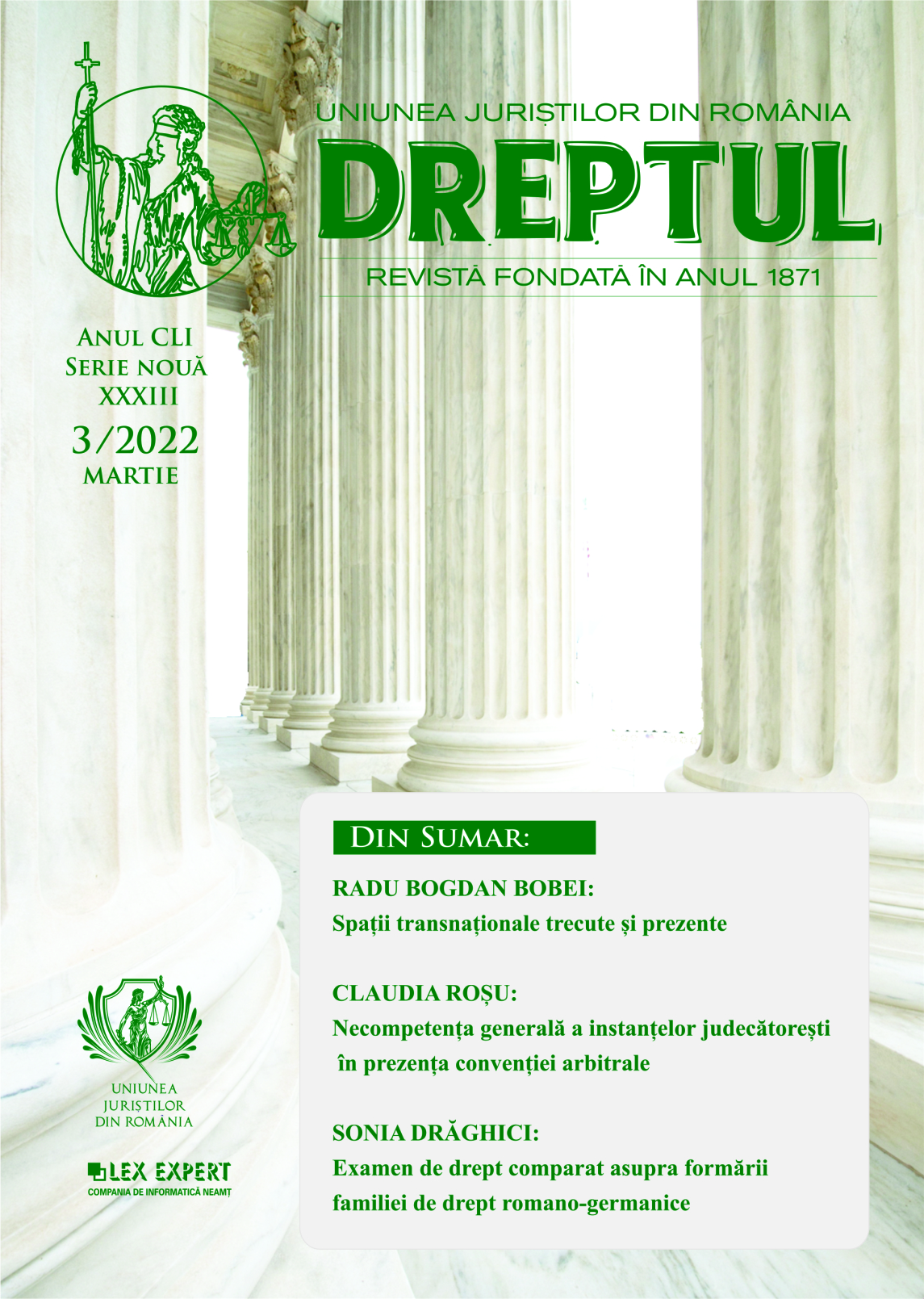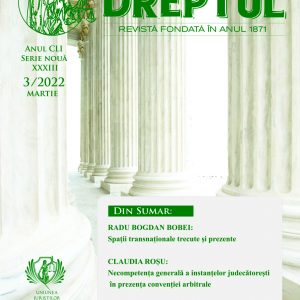During the execution of custodial sentences, detainees participate in various activities and educational program, psychological assistance and social assistance that facilitate the adjustment to prison life, support social reintegration and create the framework for learning the rules of social coexistence in the outside society. The central element of this research is the religious freedom of persons deprived of their liberty and the specific way of exercising it in places of detention, considering that a balance must be preserved between the fundamental right to freedom of thought, conscience and religion and interest of penitentiary administrations to maintain security in places of detention, respect for the rights of other detainees. Bearing in mind the content, but also the limits of religious freedom, the exercise of this fundamental right in places of detention has some particular characteristics because it influences the life in prisons, the diet of detainees, but also their other rights, and in this regard the special rules of exercise religious freedom can be determined on the basis of principles deriving from both national and European Court of Human Rights’ case law.


